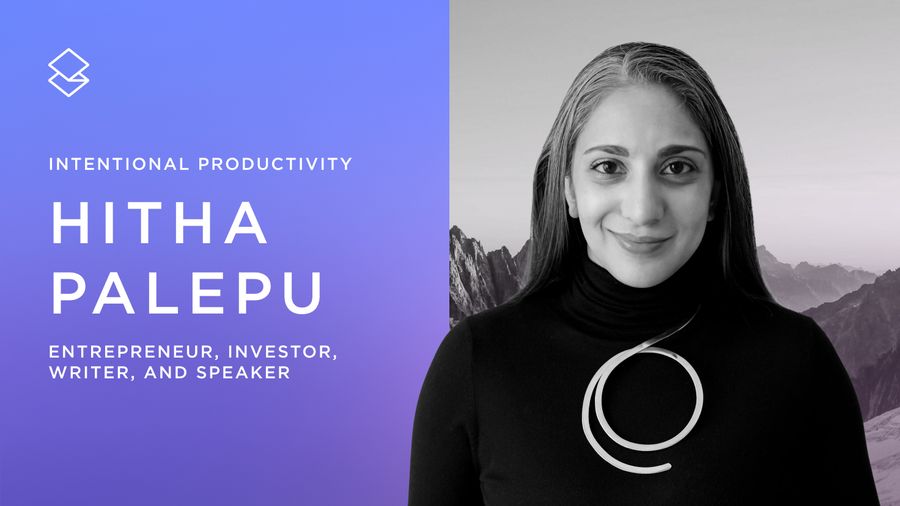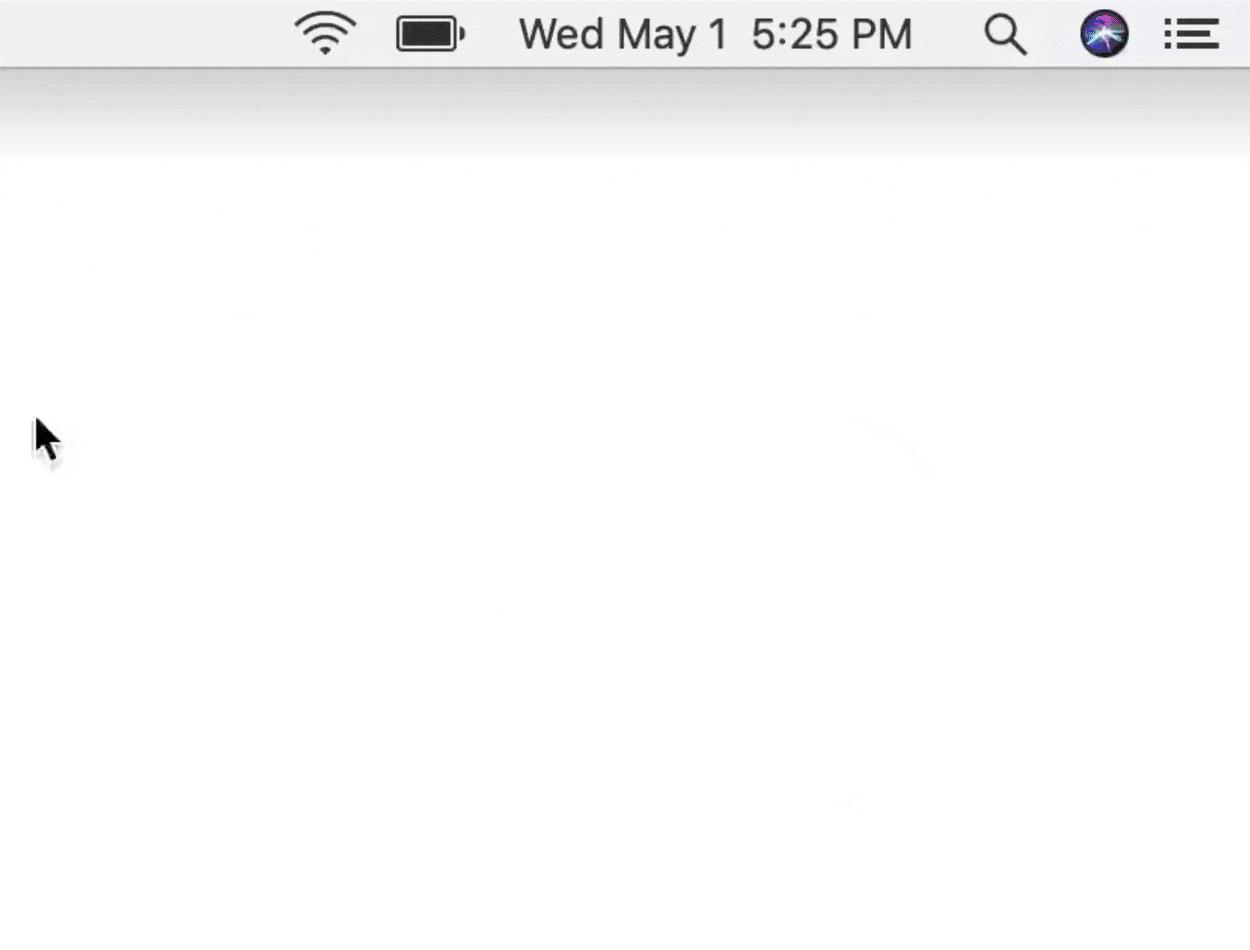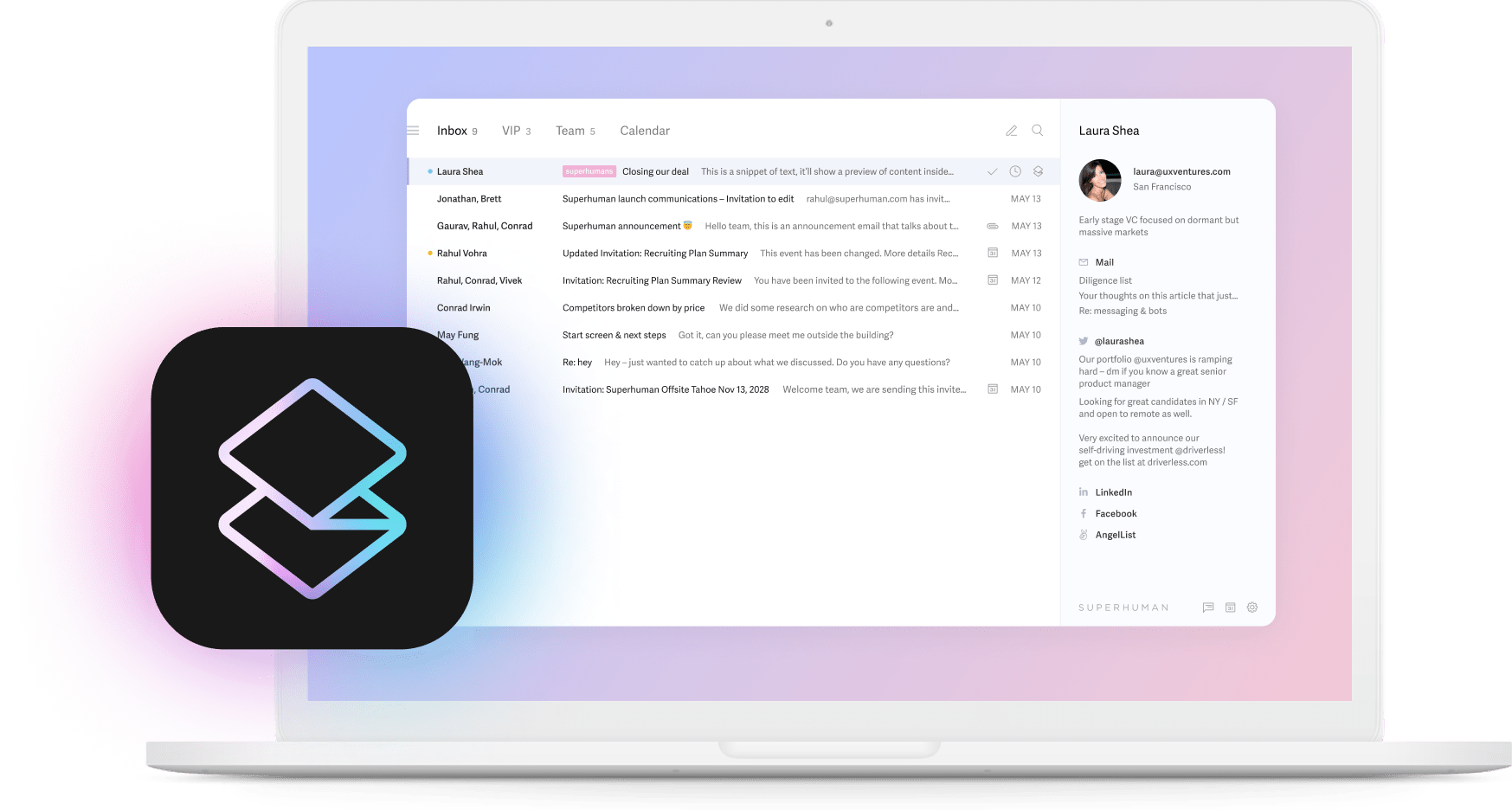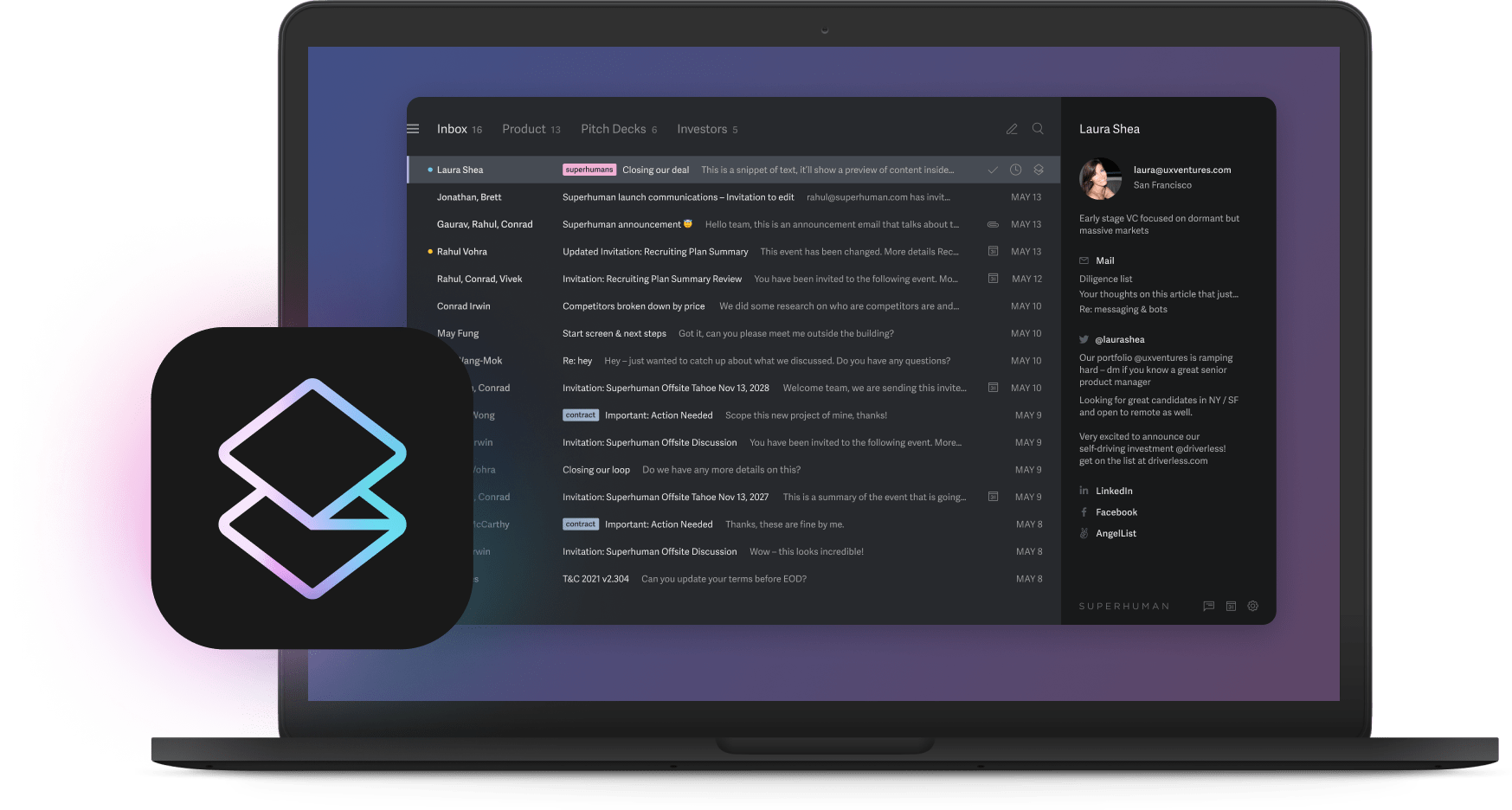
An entrepreneur, investor, writer, and speaker, Hitha Palepu is a master of getting things done.
In 2021, Hitha wrote and published a book, grew and inspired her loyal online community, and mentored numerous women-led companies — all while raising two young sons and helming a pharmaceutical startup.
But if the past year has taught us anything, it's the importance of embracing change, and celebrating the small wins alongside the big milestones. We caught up with Hitha to learn more about how she's taking on 2022 with intention and grace.
What mindset shifts are you taking with you into 2022?
I've worked remotely for most of my career, so in that sense, it's been business as usual. But the lack of flexibility in being able to go to a co-working space or work from a coffee shop — that's certainly been something that I'm getting used to. It really has forced me to introduce different rituals to break up the day a bit more, and to get away from the screen. Taking walks every day has been a big shift for my mental health.
I'm also taking advantage of the little moments when I would normally try to cram in work — if my coffee is brewing or I'm making a cup of tea or heating up lunch, I'm going to try to be present and focus on that, versus passively being half there while trying to get other things done.
The little moments are the ones that I've been trying to put more focus on, because we took them for granted before. If we just keep pushing ourselves to work more, it's going to cause even more burnout than probably all of us are already facing. Focusing on doing fewer things better is something I definitely want to bring into this next chapter.

What are you intentionally letting go of in 2022?
In the past year I got a lot done, but I haven't properly recharged from it. So I'm unplugging and taking back more control of my time.
One thing I've noticed is that I say no to a lot more meetings now. If I know I don't have anything to contribute, I'll check in to say, "Can you let me know why my participation is required?" I want to make sure I have value to offer. And if not, I'm happy to let it go. This has been a big one.
I'd also add being more focused — closing out unnecessary windows and tabs, and resisting the urge to randomly Google something the second a thought pops into my head. Instead, I'll make myself write it down first, and then revisit it when I have time. It's about bringing more presence and focus, and doing one thing and doing it extremely well before moving on to the next task.
Do you recommend any safeguards for managing communication overload?
This year, I'm really committed to having strict email checking times: a quick triage in the morning, a quick check-in post lunch to answer urgent things, and then, saving that last hour of work — when my energy is already a little drained — to answer the emails that need a response, but aren't urgent.
In Superhuman, Split Inbox keeps all of my emails organized by separating sales alerts from all the news I've subscribed to, and all the emails I actually have to respond to, tucked away in their "action required" split.

And before I log off for the day, I'll actually turn my wifi off to use Offline Mode, respond to any remaining emails still awaiting a response, and then when I'm ready to send I'll turn the wifi back on and enjoy my evening in peace. It's also great for knocking things out on a plane or the subway!
What routines have you found helpful to kick off a productive and fulfilling day?
On a good morning, I wake up earlier than my kids, get in a little meditation from bed, make my bed, get their breakfast together while having a cup of coffee, and then get them to school. I try to go for a walk right after drop-off — we're really lucky to live a block from Central Park in New York, so that feels like such a gift. And if the weather is poor, I'll come home and hop on the Peloton instead.
Getting in that workout first thing makes a huge difference in my mood and energy. And then I'll shower and change into actual clothes. Putting on something that isn't workout clothes or pajamas helps me mentally shift into work mode.
My most productive hours are in the morning immediately post-workout, which is why I'm so intentional about not scheduling calls in the morning. I need that time for myself.
What have you learned about your ideal conditions for staying focused?
For me, I've realized it's all about creating the right conditions for focus. I was joking with my husband that I can't work from my desk after spending the past year writing the book in that very spot. This year, I'll rearrange my office a bit, update my shelves, and get back to work from there.
But in the meantime, the right environment might mean working from the couch, or the living room, or even from bed. It's so important to allow ourselves to do what feels good, and what feels right in this moment.

What are your favorite techniques for avoiding distractions?
I love the Forest app because it locks you out of anything on your phone that might distract you throughout the day. I use that to help me resist the urge to go scroll on Instagram, for example. I've been using it for years.
I also have certain playlists that I listen to that trigger my mind into thinking: "OK, time to work, time to focus." I've been really into LoFi music lately. There's an awesome Star Wars LoFi Hip Hop playlist. I'm a huge fan!
And this might sound silly, but I like putting on my blue light glasses to help me mentally shift into focused work. And I've noticed that it makes a huge difference in my eye strain at the end of the day.
Can you tell us about the process of writing your book, and how you stayed focused and motivated through the process?
Writing We Are Speaking was really a dream project. When I got approached by my publisher to write the book, we had just started diligence with our partner for Rhoshan Pharmaceuticals, so it was a wild time. It really did require me to be the most focused that I've ever been.
I extended Dry January into mid-February while I finished my manuscript. That clear-headedness helped me really go all in and be at my peak performance because you naturally end up drinking more water and making healthier decisions. Another thing I did was minimize all my decision-making. I ordered the same one or two salads from Sweetgreen every day, just to get something healthy in me. I've started doing these things any time I take on something really challenging.
Otherwise, I worked very intuitively. If I sat down at my computer, and thought, "I am not going to be able to write this section right now", I would book interviews, review my research, and edit another chapter… and as long as I did something productive, I knew I was making progress on the final product. And the subject matter really kept me going too. The focus of the book, Kamala Harris, is a woman of color who has walked a different path and accomplished great things. I found myself writing the book that I've needed for a really long time.
Hitha's #5SmartReads for Productivity and Wellness
Each week, Hitha shares a digest of news you should know, books to read, and things that will make your life better via #5SmartReads — here are her current picks:
- How Our System Revenges Rest by Anne Helen Petersen
- Your "Surge Capacity" Is Depleted — It's Why You Feel Awful by Tara Haelle
- Why Burnout Won't Go Away, Even as Life Returns to "Normal" by Soo Youn
- Dr. Amy Shah: "My Biggest Struggle is Wanting to Do It All" by Alexandra Perron
- I'm Not Pregnant, Starting a New Job, or Getting Married, but I'm Still Doing Things Worth Celebrating by Bernie's Daughter
Hitha's Top 3 Tips for an Intentional 2022
For Hitha, productivity is about stripping away the unnecessary, and following your intuition:
- Focus on doing fewer things with greater presence — minimize task-switching by creating blocks for email, meetings, focus, and rest.
- Say no to meetings — ask and consider whether you can offer value. If not, don't be afraid to let it go.
- Create the optimal conditions you need for flow — from your physical workspace to your health and mental clarity, pursue what brings you focus in the moment.




